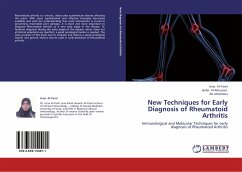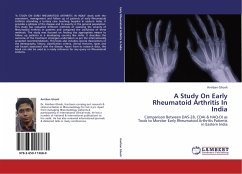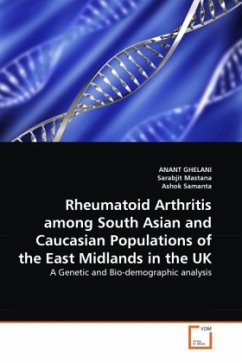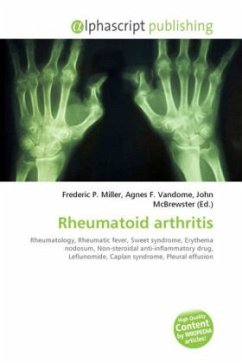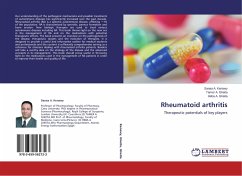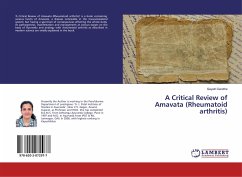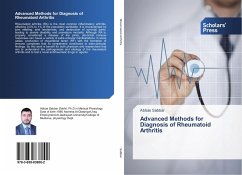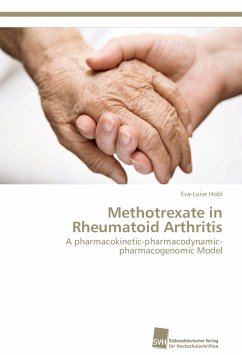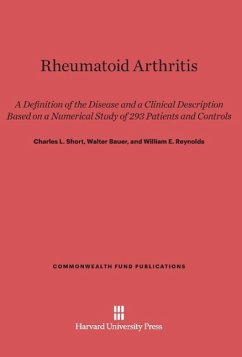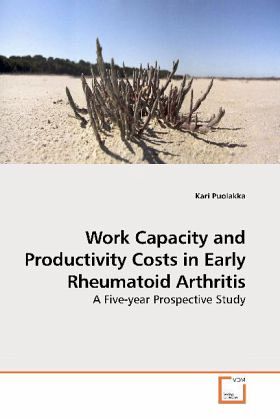
Work Capacity and Productivity Costs in Early Rheumatoid Arthritis
A Five-year Prospective Study
Versandkostenfrei!
Versandfertig in 6-10 Tagen
39,99 €
inkl. MwSt.

PAYBACK Punkte
20 °P sammeln!
The Finnish Rheumatoid Arthritis Combination-Therapy Trial performed from 1993 to 2000 investigated the efficacy of a combination of three disease-modifying antirheumatic drugs (DMARDs) compared to a single DMARD. Patients with recent-onset active RA were randomized to the two treatment arms for 2 years, after which drug-treatment strategy became unrestricted. At baseline, 162 patients were available for work. After a 5-year follow-up, objective data on sick leave and retirement were gathered from social insurance registers,. The cumulative number of days off work was calculated. The patients ...
The Finnish Rheumatoid Arthritis Combination-Therapy Trial performed from 1993 to 2000 investigated the efficacy of a combination of three disease-modifying antirheumatic drugs (DMARDs) compared to a single DMARD. Patients with recent-onset active RA were randomized to the two treatment arms for 2 years, after which drug-treatment strategy became unrestricted. At baseline, 162 patients were available for work. After a 5-year follow-up, objective data on sick leave and retirement were gathered from social insurance registers,. The cumulative number of days off work was calculated. The patients who received the combination treatment incurred less RA-related work absence than those who received a single DMARD, on average 78 and 128 work disability days per year, respectively. Early treatment response had a strong impact on maintenance of work capacity. None of the patients in remission at 6 months became permanently work disabled over the 5-year follow-up, whereas 56% of the patients without 20% improvement at 6 months ended on a permanent RA- related disability pension. The monetary value of lost productivity in 5 years was 2801 and 74537, respectively.



